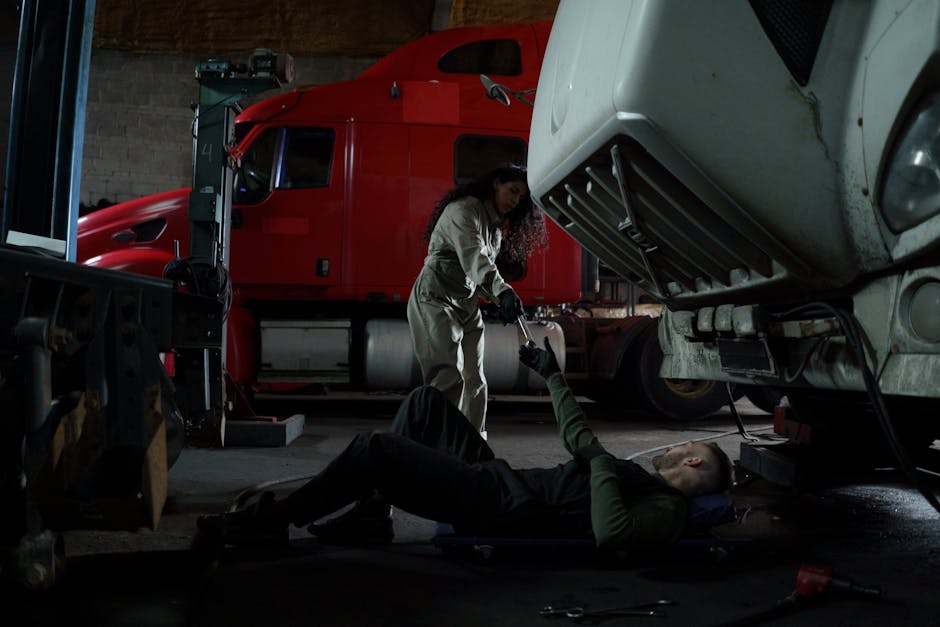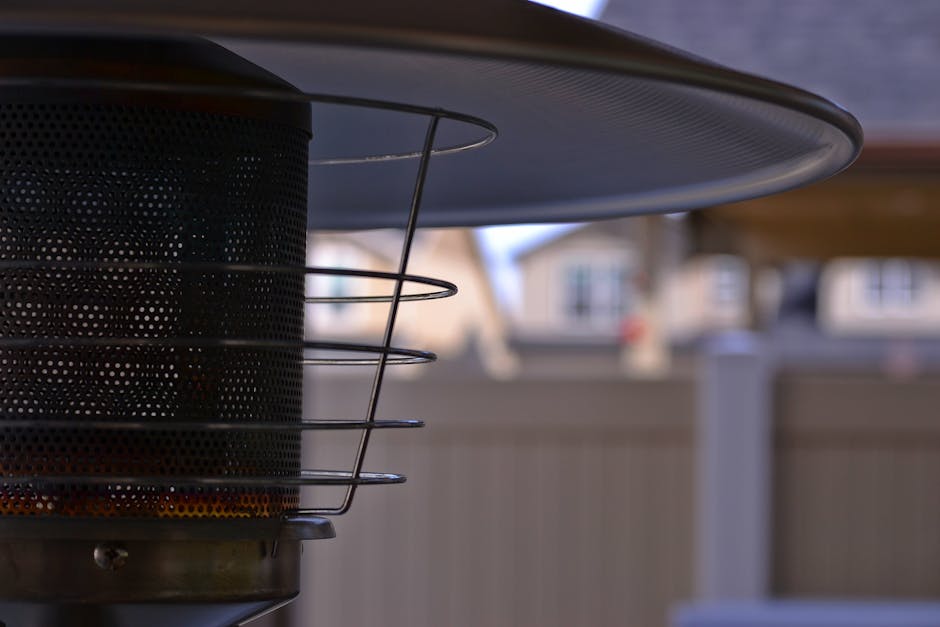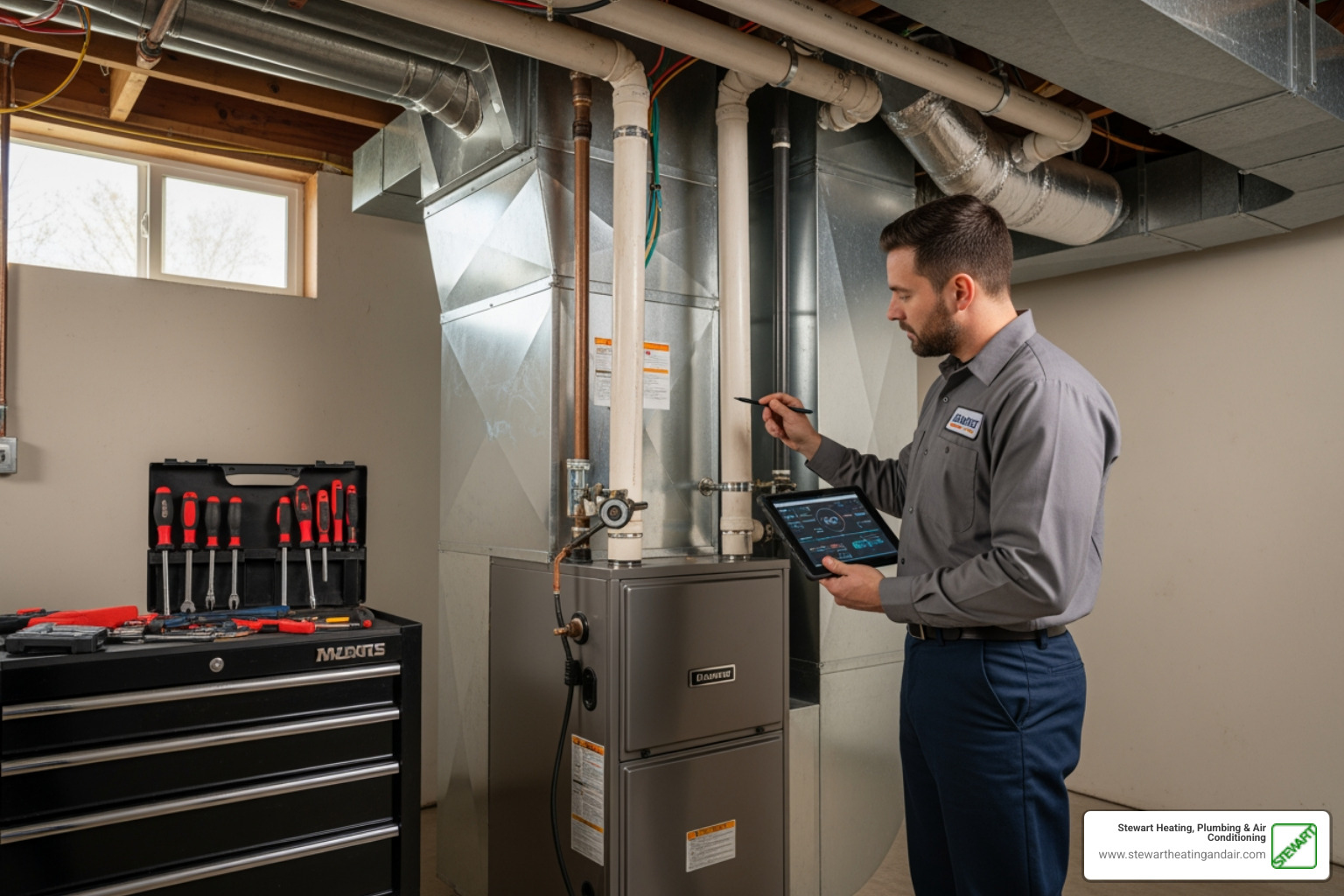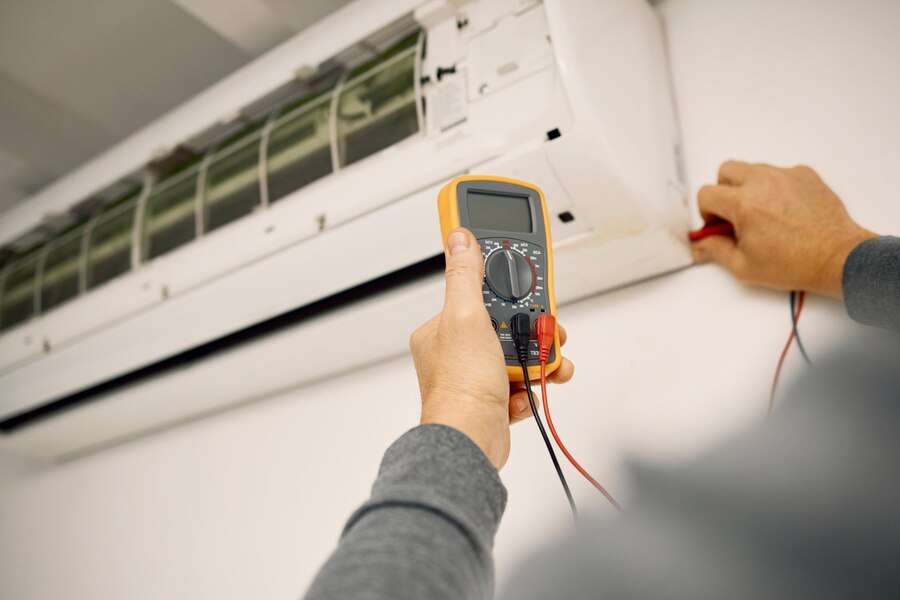
When it’s the middle of July and the temperatures spike in Pleasant Hill, the last thing anyone wants is an air conditioner that stops cooling. Many homeowners run their AC units day and night to keep up with the heat, only to find that their system suddenly fails on the hottest afternoon of the week. That kind of breakdown not only disrupts comfort but can quickly make the home unbearable.
There are quite a few reasons this can happen, and most of them start small before snowballing into bigger problems. If your air conditioner seems fine one day and underperforms the next, it might be struggling with something easy to overlook. Ignoring early signs of trouble can lead to complete system shutdowns. Knowing what to look for and when to take action can help you avoid a hot, frustrating day stuck in a warm house.
Common Reasons Why AC Stops Cooling
There are several causes behind AC systems losing their cooling power, especially when they’re working hard during extreme summer heat. Some issues are minor, while others require professional repair. Here are the most common things that lead to poor or no cooling:
1. Dirty Air Filters
Clogged filters block airflow, making it harder for the system to push cool air throughout your home. When filters go unchanged for too long, it restricts the unit's performance and puts unnecessary strain on the system.
2. Refrigerant Leaks
Low refrigerant levels prevent the system from properly absorbing heat from inside the house. Without enough refrigerant, your unit may run but won’t produce cool air. This is not always obvious at the start, but you might notice ice building up on the outdoor coils or unusually long run times.
3. Thermostat Problems
The thermostat could be misreading the room temperature or not sending signals to the AC at all. Sometimes, faulty wiring or dead batteries are the cause. If your system doesn’t respond when adjusting the temperature or cycles off too quickly, the thermostat might be to blame.
4. Condenser Unit Issues
The outdoor unit plays a big part in the cooling process. If it’s dirty or blocked by leaves or debris, the system might overheat or shut off. In some cases, electrical parts inside the unit may fail from summer wear and tear.
5. Frozen Evaporator Coils
Ice forming on the indoor coils typically points to restricted airflow or low refrigerant levels. When coils freeze, the system can’t absorb warm air effectively, which means little or no cooling for your home.
One Pleasant Hill homeowner mentioned that their system was blowing warm air during the middle of a heatwave, only to find out a completely clogged filter was the cause. A simple filter change brought the cool air back within an hour.
How To Troubleshoot Basic Problems
If your air conditioner stops cooling and you’re looking for quick answers, there are a few basic checks you can do. These steps won’t solve every issue, but they may help you determine whether the problem is simple or needs a professional’s help.
Try these steps:
- Check the thermostat. Make sure it’s set to cool and the temperature is set lower than the current room temperature. Sometimes, power loss or incorrect settings can cause the system to stop running.
- Inspect the air filter. Take a look at the filter and see if it’s clogged with dust or dirt. If it’s dirty, replace it and see if airflow improves.
- Look at the circuit breakers. If the AC won’t turn on at all, a tripped breaker might be the cause. Flip it back on and see if the unit restarts.
- Clear outside debris. Walk around the outdoor condenser unit. If it’s covered with weeds, leaves, or lawn debris, gently clean the area. Good airflow around the unit is important for cooling.
- Test room vents. Walk into different rooms and feel for airflow from each vent. Weak or no airflow in multiple rooms can signal a larger issue needing expert attention.
These quick steps can rule out common and easily fixable issues. If none of these bring back the cold air, it likely means the system has a mechanical or refrigerant problem that needs a more in-depth diagnosis.
When to Call in a Professional for AC Repair in Pleasant Hill
Some air conditioning issues are simply beyond what can be adjusted or cleaned at home. If you’ve gone through the basic troubleshooting steps and the system still isn’t cooling, it’s time to reach out for help. Knowing when to call our professionals can protect your system from lasting damage and save time.
One major warning sign is a refrigerant leak. If your system is blowing warm air, making a hissing sound, or forming ice anywhere on the lines or outdoor unit, there’s a chance refrigerant is escaping. These leaks can reduce cooling and lead to compressor damage if left alone. Handling refrigerant requires special tools and should always be addressed by our technicians.
Electrical problems are another situation where professional repair is necessary. If your AC frequently trips the breaker, struggles to start, or shuts off randomly, there may be wiring issues inside the unit or thermostat. Electrical failures can be dangerous to handle yourself and may lead to further equipment failure if ignored.
Other signs that call for immediate repair include:
- A burning smell or strange noises coming from the unit
- Water pooling around the indoor part of the system
- Unusually high energy bills without any change in usage
- Short cycling or the AC turning on and off in very short bursts
Delaying repairs on these types of issues often leads to more expensive and avoidable damage. If the AC is running nonstop but struggling to cool, it’s likely working harder than it should, which puts extra wear on the system. Getting the problem diagnosed by someone familiar with AC repair in Pleasant Hill helps you avoid longer downtime and reduces stress during hot weather.
Preventive Measures to Keep Your System Running Smooth
Instead of waiting for something to go wrong, routine maintenance can help your AC system stay on track during Pleasant Hill’s hottest months. Our professionals often find that serious problems began as small, avoidable issues. Taking a preventive approach ensures that the system gets attention before heatwaves put it to the test.
Start with simple, regular tasks like checking and changing the air filter every one to three months. A clean filter helps maintain good airflow, which plays a big role in your system’s cooling performance. Keep the area around the outdoor condenser unit clear year-round. Remove leaves, trim back overgrown plants, and make sure nothing blocks airflow to and from the unit.
Don’t forget to listen to how your system runs. Rattling, buzzing, or screeching sounds aren’t part of normal operation. These noises are often the first signs that parts are loose or wearing out. Catching a problem early by paying attention to these signs keeps repair costs lower and your home more comfortable.
Here’s a short checklist to follow:
- Change air filters regularly
- Keep vents and registers clear and open
- Monitor energy bills for unexpected spikes
- Clear debris from around the outdoor unit
- Schedule a full inspection before summer temperatures rise
Taking these steps throughout the year gives your system the best shot at performing well when it's needed most, especially in peak summer heat. A system in good shape works more efficiently and avoids the breakdown surprises that throw off your entire day.
Ensure Comfort During Pleasant Hill Summers
Understanding why an AC system stops cooling and acting quickly when something feels off can make all the difference during a heatwave. Many problems, even those that seem serious, support quick recovery when identified early. Knowing what signs to look out for helps reduce unnecessary stress and discomfort in your home.
Preventive maintenance goes a long way in making sure your home stays cool and comfortable. When the system is checked regularly and minor issues are fixed early, you avoid those days when the AC just gives up without warning. Whether it’s a sudden drop in cool air or strange noises from outside, addressing problems as they show up helps keep your system reliable through summer.
A dependable AC system shouldn’t leave you guessing. With the right approach, you can stay ahead of major issues and keep your home cool, no matter how hot Pleasant Hill gets.
Keep your home comfortable throughout the Pleasant Hill summer by making sure your AC system runs efficiently in every room. If you're dealing with inconsistent cooling and need dependable AC repair in Pleasant Hill, Stewart Heating Plumbing Air Conditioning is ready to assist. For a quick estimate or to book a service visit, please contact us today.

